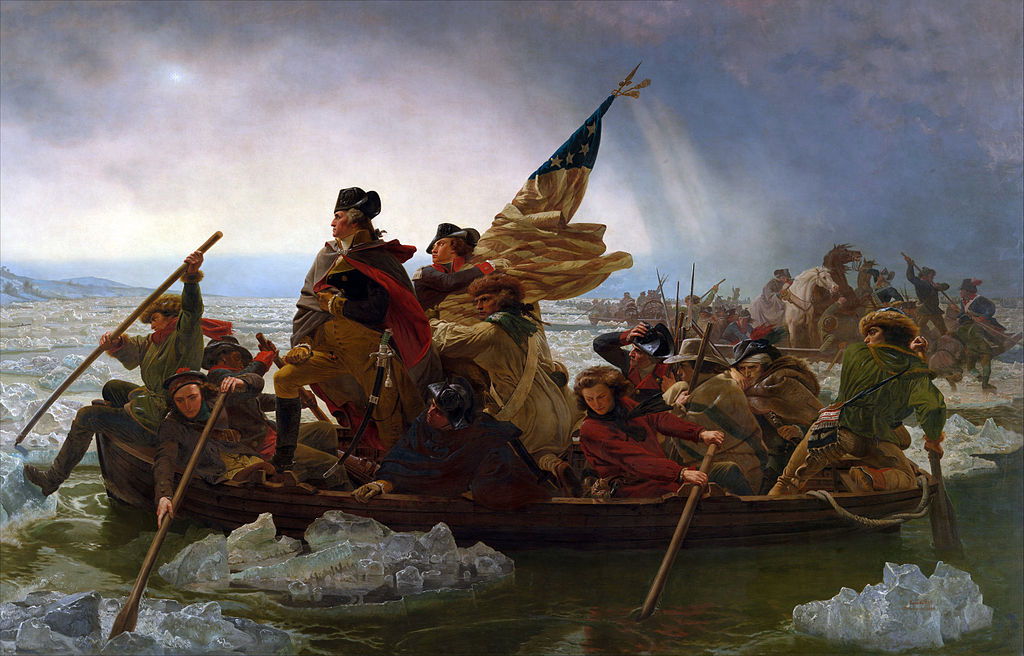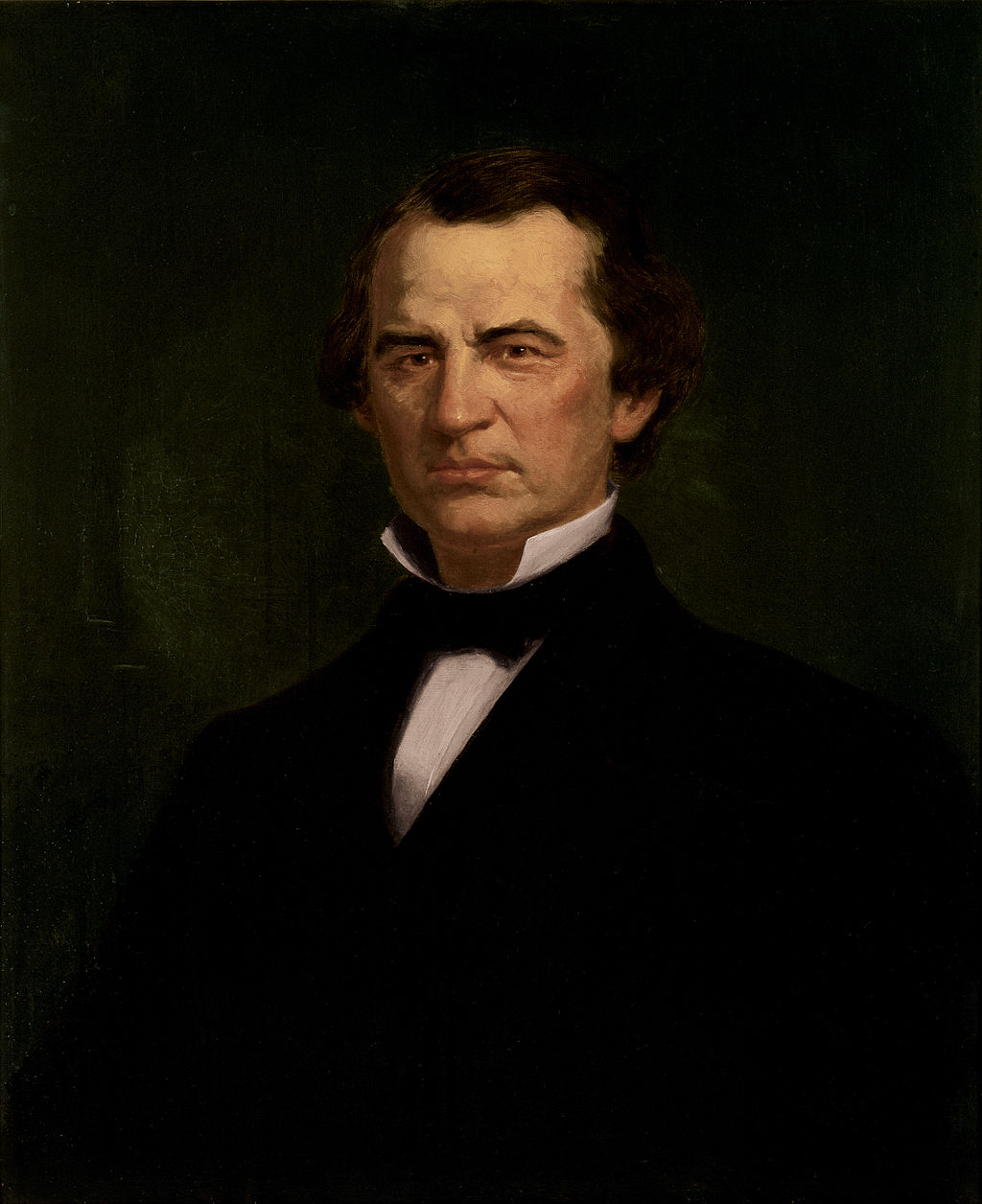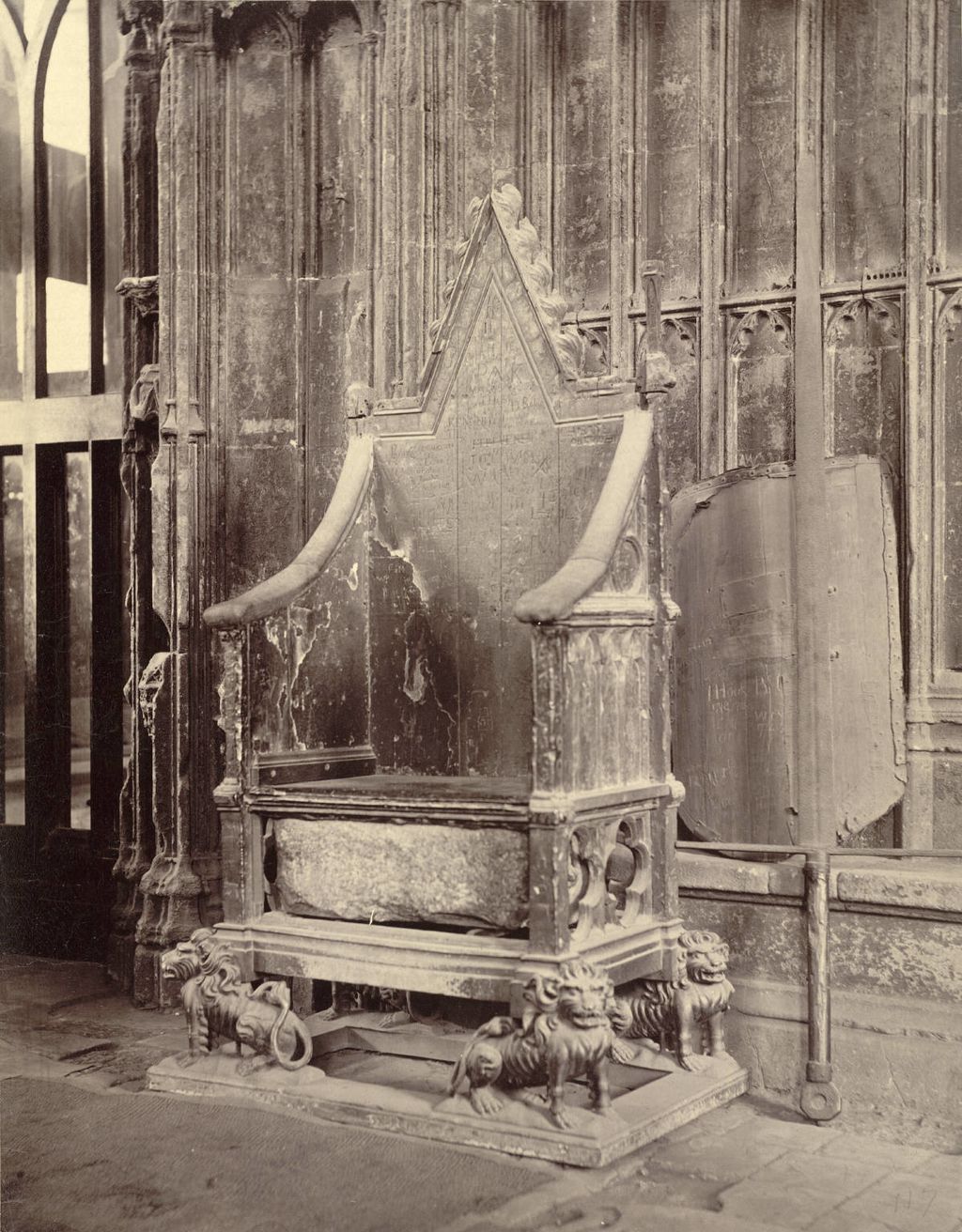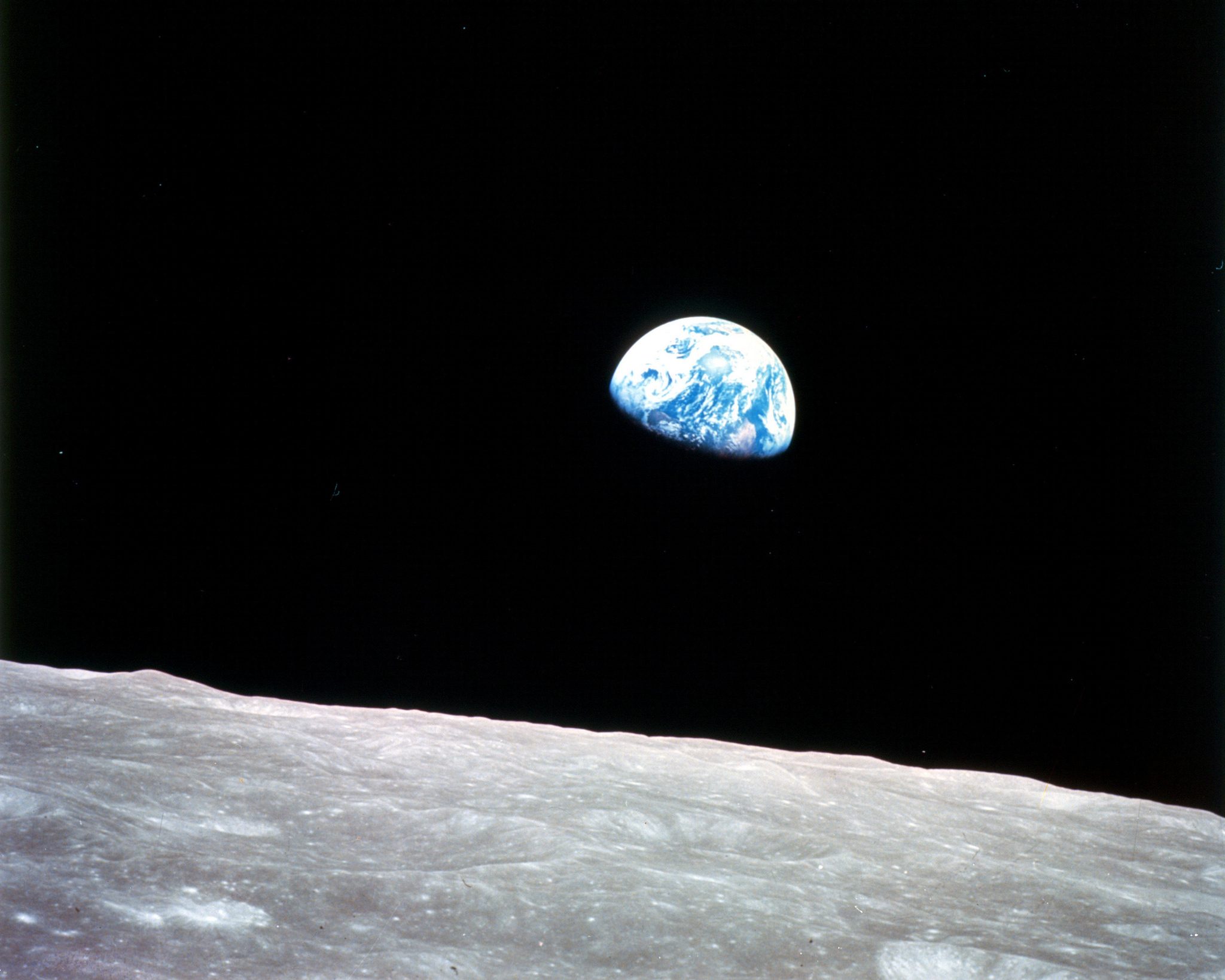December 25 is a pretty popular day in the West, even in countries that don’t have a national religion. For those established on Christian laurels, December 25 (for most) is the day that is recognized as the birthday of Jesus, the Christian messiah. This has been a long-standing date; the earliest documented December 25 Christmas celebration was recorded in Rome in the third century CE, potentially in conjunction with the Roman Solstice or Saturnalia, opens a new window.
But of course, it’s also a calendar day just like every other, and things that are not related to Jesus or gifts have indeed happened on this day. There were also things that happened on December 25 because it was Christmas, and thus would hopefully put fate on the side of those making it happen—but sometimes it was just the day for it to happen.
For instance, a lot of people were coronated as kings on Christmas. Charlemagne, opens a new window, for instance, was crowned Holy Roman Emperor in 800. William the Conqueror, opens a new window was crowned King of England on Christmas Day, 1066. Just 44 years later, Baldwin of Boulogne was crowned the first King of Jerusalem, opens a new window after the First Crusade.
So, what other kinds of things happened on December 25?
1642: Sir Isaac Newton is born
Isaac Newton, opens a new window is known as the father of Modern Physics. He was an English mathematician who established the theory of gravitation that would later influence Einstein’s Theory of Relativity. He was also an astronomer and general student of the sciences whose findings set the basics for optical science and the structure of the universe. He also created Calculus. Smart dude, Newton.

1776: George Washington and the Continental Army cross the Delaware
You’ve seen the painting. In the shadow of darkness on Christmas morning, 1776, George Washington and 2,400 of his men crossed the Delaware River from Pennsylvania into New Jersey, opens a new window. There, they surprised the British forces and the Hessian mercenaries they had hired to help with getting the wayward colonials into check. They won the day, killing the Hessian commander and taking over 900 prisoners (and their weapons).
1809: The First Ovariotomy
This procedure, now called an oophorectomy, includes any surgery in which one or both ovaries are removed from a human woman. This one, performed by Dr. Ephraim McDowell, opens a new window, involved the removal of a 22.5 pound tumor from Mrs. Jane Todd Crawford, whose physicians thought she was suffering from a past-term pregnancy. Using meticulous and extensive practices to keep the body and workspace clean—and without the use of proper anesthetics since, you know, this was 1809 and they didn’t exist—the doctor was able to remove the ovaries and a large portion of the fallopian tube. Mrs. Crawford lived another 35 years!
1826: The Eggnog Riot. Yes, that was a thing.
What happens when you give a couple hundred repressed military officers-in-training free rein and several gallons of smuggled-in, pre-regulation whiskey? Apparently, they will riot. The Eggnog Riot, opens a new window, also called the Grog Mutiny, was started at a Christmas party that begun on December 24, 1826 at the US Military Academy at West Point. Overnight, a little illegal drinking and loud partying had given way to cadets attacking instructors and other students, setting things on fire, breaking glass, and discharging their weapons. By the end of it, 20 cadets and an enlisted man were court-martialed, and dozens of North Barracks residents were implicated.
Fun fact: Jefferson Davis, first and only president of the Confederate States of America, opens a new window, was one of the cadets implicated in being involved, but he wasn't expelled.
1831: The Great Jamaican Slave Revolt begins
This slave uprising, also called the Baptist War, opens a new window, included an estimated 60,000 slaves—nearly 20 percent of the island nation’s 300,000 slave population. It was led by Samuel Sharpe, opens a new window, an educated slave who was well known as a preacher. What started out as a peaceful strike for more freedom (note: not full freedom, just more) and wages of half the going rate by free workers, led to a violent rebellion that ended in the deaths of 14 white men and hundreds of slaves. Some of them were killed in the eleven-day rebellion, while many others were “executed” for crimes that occurred after they were put down by British forces. These brutal punishments by the “plantocracy, opens a new window” might have led to a faster determination of emancipation of enslaved people under British rule.
1868: Andrew Johnson grants an unconditional pardon to  Confederate veterans
Confederate veterans
When Robert E. Lee surrendered, opens a new window in 1865, just under 175,000 soldiers remained of the Confederate Army. At its highest point, historians estimate that there were between 750,000 and 1,000,000 soldiers in the organization. President Andrew Johnson, opens a new window, successor to Abraham Lincoln and tasked with putting the country back together after a brutal war, made many mistakes and bad decisions in his time as president. But one of the better efforts he made towards bringing the country together was granting pardons to those who were still considered rebels and traitors to the Union.
1907: Cab Calloway is born
Cab Calloway, opens a new window was well known for his jazz and big band sound in the first half of the 20th century. After reaching live performing heights like The Cotton Club in Harlem, he continued on to be in several feature length and short films in the 1930s and 40s, including Stormy Weather, Hi-De-Ho, and Caldonia. His last film appearance was in The Blues Brothers in 1980, before his death in 1994.
1927: The Vietnamese Nationalist Party is founded
The Việt Nam Quốc Dân Đảng (VNQDĐ), opens a new window was founded by a group of young moderately socialist intellectuals under the leadership of Nguyễn Thái Học, opens a new window. Comprised primarily of students, teachers, and other educated middle-class types, the nationalist’s party’s main goal was to encourage liberation of Vietnam from French rule. After internal strife, failed revolutionary tactics, and the rise of Ho Chi Minh and the Indochinese Communist Party, the VNQDĐ essentially disbanded and spread to the wind.
 1950: Scottish Nationalist students steal the Stone of Scone
1950: Scottish Nationalist students steal the Stone of Scone
Also known as the Stone of Destiny or just The Coronation Stone, the Stone of Scone, opens a new window is a 300+ pound block of sandstone that was originally used for the coronation of monarchs in Scotland. In 1296, Edward I, opens a new window decided to just go ahead and take it, having it fitted to a chair in Westminster Abbey for the future coronation of English kings and queens—including the Scottish James I and his Stuart descendants. Until 1950, when four students absconded with it, broke it in half, had it repaired, and hid it in the Church of Scotland for several months until British authorities were informed of its location. Even now, theories abound that it’s not the original stone; they go well with the theories that the one Edward I brought back to England wasn’t the original in the first place, that the monks had hidden it before hands could be gotten onto it. Either way, a year after its return, it was used for the coronation of Queen Elizabeth II, before it was returned to Scotland in the 1990s to be kept there when not in use for coronations, opens a new window.
1968: Apollo 8 performs the first Trans-Earth Injection maneuver
Apollo 8, opens a new window was the second human spaceflight mission produced by NASA, and the first manned voyage to orbit the moon. It launched December 21, 1968. The mission included traveling to the Moon, orbiting it completely ten times (some of which was televised), and returning to Earth. It was after their fourth orbit of the Moon that the famous Earthrise, opens a new window photo was taken by astronaut William Anders. Four days after launch, on the far side of the Moon, the crew had to burn enough rocket fluid (for 208 seconds!) to place them in a trajectory to get them back into the Earth’s gravitational pull, thus allowing them to safely return to Earth. The return trip took two days, at which point they splashed down before dawn in the Pacific Ocean on December 27, 1968.
2004: The Huygens probe is released from the Cassini orbiter
The Cassini-Huygens mission, opens a new window was developed by the United States and the sixteen countries that manage operation of the European Space Agency. The combined craft was launched from Earth in 1997, and on December 25, 2004, the two pieces separated and the probe was launched further into space. Named for Christiaan Huygens, opens a new window, who discovered the Saturn moon, Huygens landed on Titan on January 14, 2005, three weeks after its separation from Cassini 1200 km away. When Huygens landed on Titan, it became the first landing ever completed in the outer Solar System.
~~~
And of course, lots of other things happened too, opens a new window—including some devastating tragedies.
What’s the most interesting thing you’ve seen happen on December 25?



